Barrie Kosky: Stop opera streaming
OperaThe Australian opera director has given voice today to what many have feared for years – that indiscriminate live streaming, free or paid, is killing off the opera experience.
Kosky is about to direct a new Ring cycle at Covent Garden. He is powerless to stop it going out to cinemas.
He told the Times: ‘Live stream and television HD of opera has been one of the biggest disasters. Now that I’m not an intendant I can say — my job is to bring people into the theatre for a live experience. And if they have to travel to do that, then they should travel to do that.’
He added: ‘I don’t think the payoff is big enough to say ‘we’re bringing opera to a huge audience’. It doesn’t work like that. They don’t come. We should not be encouraging people to see opera in two dimensions.’
He’s right. Blame the Met’s Peter Gelb for fostering the streaming delusion.

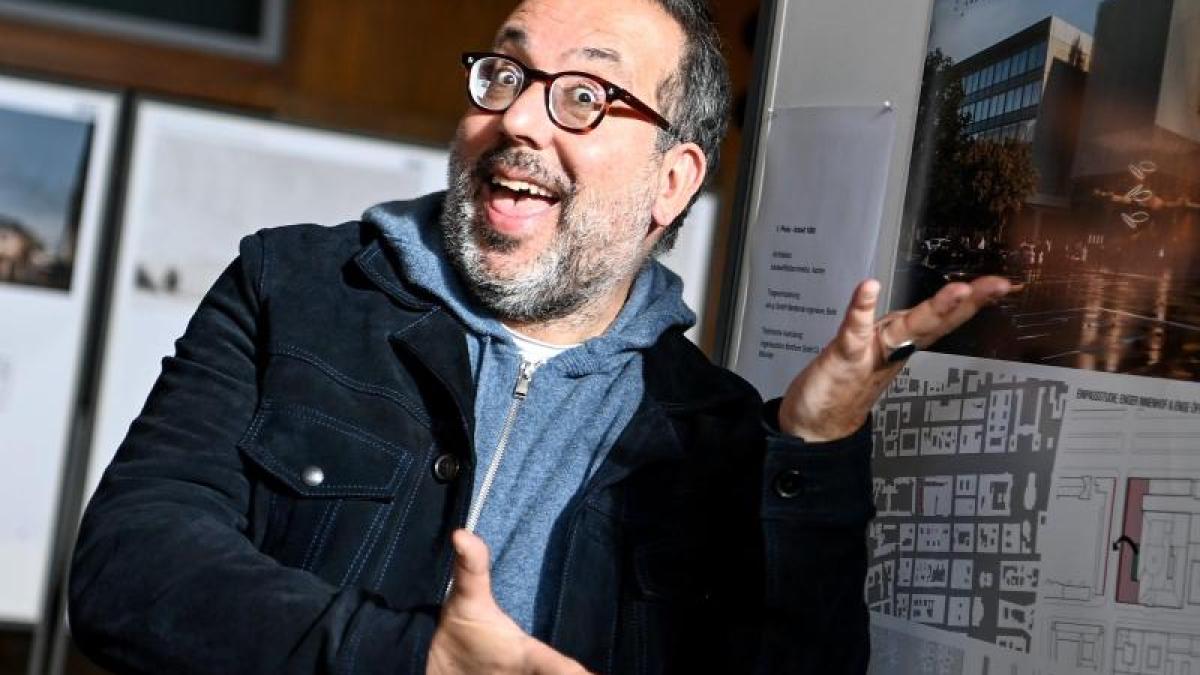
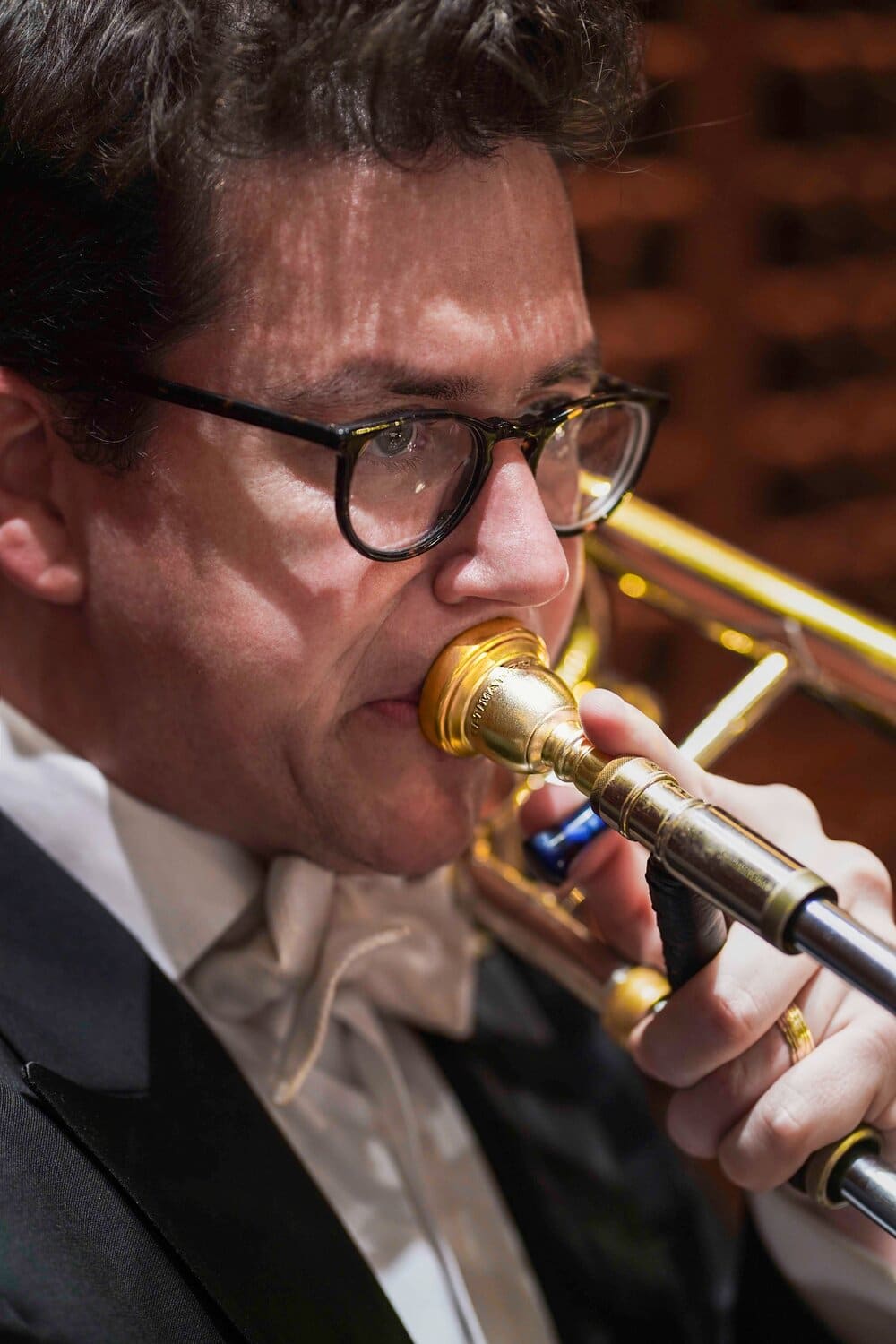
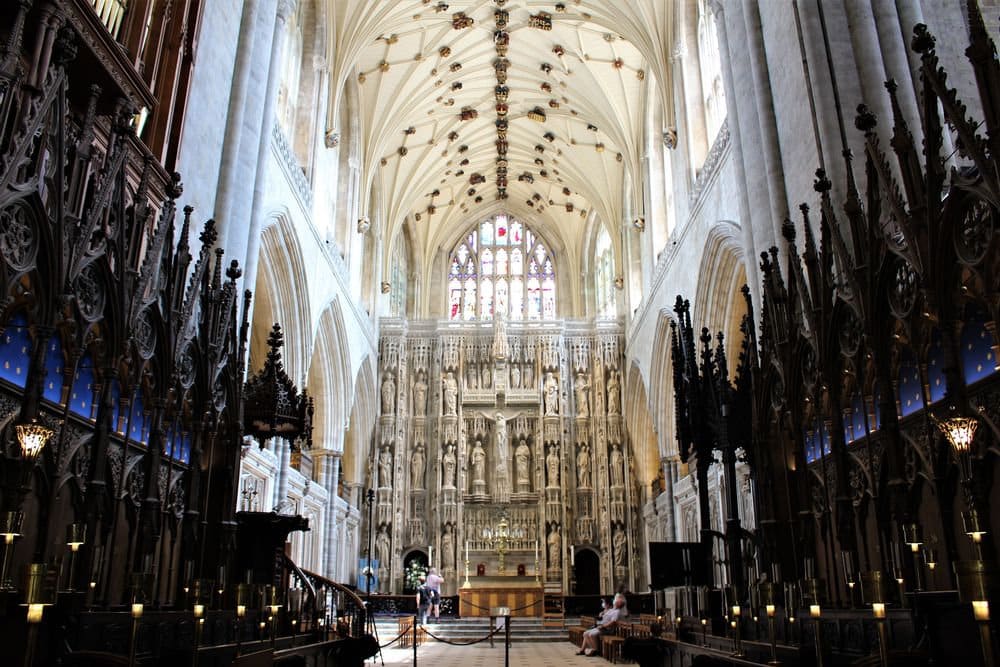
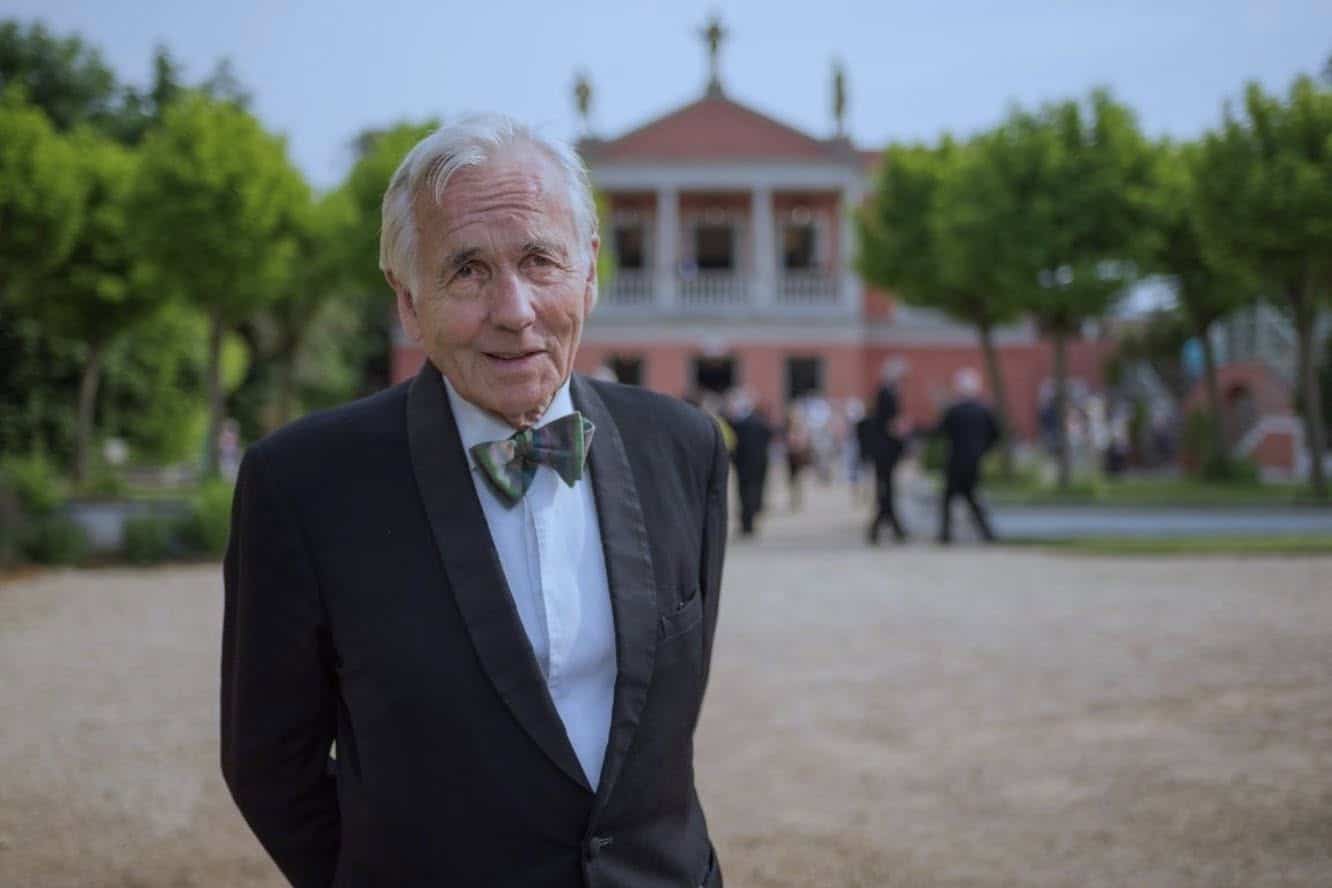
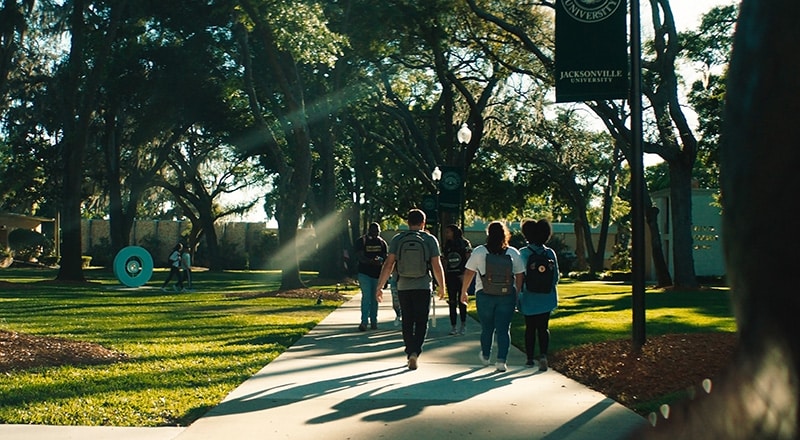
Comments